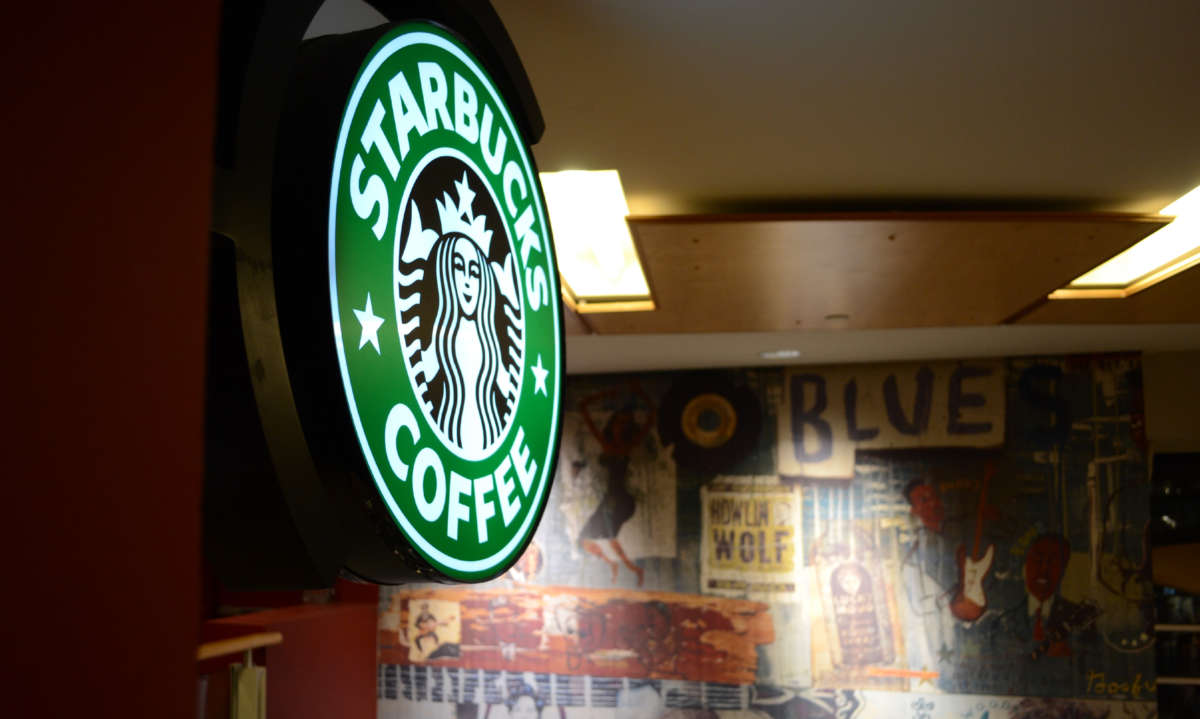Support justice-driven, accurate and transparent news — make a quick donation to Truthout today!
Starbucks employees in Buffalo, New York are set to participate in a union election beginning on Wednesday — and the company is taking increasingly desperate steps to fight against the effort.
On Monday, Starbucks filed a court request to prevent ballots from being mailed out, delaying the election. In the meantime, they have recruited former CEO Howard Schultz and current COO John Culver to stake out the stores and attempt to deter employees from voting to establish a union.
According to the current schedule, ballots are due back by December 8. If the three stores successfully unionize, they will be the first of the company’s nearly 8,000 stores to do so. The decision could reverberate across the country, sparking similar efforts in other Starbucks locations and in other retail and food service workplaces.
Starbucks employees have spoken out about deep structural problems with the company for years, describing chronic understaffing that causes confusion and chaos. Buffalo workers have said that they’ve been forced to come in sick, despite the current pandemic and mandates from the state of New York stipulating that workers must have paid sick leave.
The company has taken drastic moves to stop the union drive, and the union has accused it of using illegal tactics in its push. The company has retaliated against worker organizing “by engaging in a campaign of threats, intimidation, surveillance,” the union said in a letter last week.
These tactics appear to be escalating as the union vote nears. On Saturday, the company closed its stores in Buffalo so that employees could attend a talk held by Schultz. Although attendance was voluntary, the former CEO continually alluded to labor issues related to the union drive during his speech.
“I heard some things I never heard before about the condition of some of the stores some of you were working in,” he said. During his bizarre 45-minute speech, he compared the selflessness of the $139 billion corporation to that of victims of the Holocaust.
As More Perfect Union uncovered, Culver has been slinking around the Buffalo Starbucks locations in recent days, asking workers questions without divulging that he’s an executive for the company. Other executives have descended upon the stores in droves, pulling employees aside for one-on-one meetings.
“He comes over and he starts talking to us, and he introduces himself as John,” one worker told More Perfect Union. “He starts asking about my experience working at Starbucks.” When the worker asked Culver if he was an executive, he refused to answer the question, instead identifying himself as a “partner,” a term that the company uses in place of “employee.”
NEW: Days after billionaire Starbucks founder Howard Schultz spoke to workers at a glitzy union-busting event, COO John Culver is in now Buffalo, sneaking around cafes.
According to one worker, he refused to identify his role at Starbucks.
The union vote starts on Wednesday. pic.twitter.com/Wpw9DpHTig
— More Perfect Union (@MorePerfectUS) November 9, 2021
Last month, the company closed two of the unionizing locations, claiming that the closures were for cleaning and training new employees. At least one of the unionizing locations has also reported that the company has more than doubled the number of employees eligible to vote in the union drive.
In August, when the petition for the union was filed, there were 20 eligible employees; a more recent list shows 46 eligible employees. The company further attempted to dilute the voting pool by asking employees in the entire Buffalo area to vote instead of just the three stores that have filed a petition. That would bring the total number of eligible employees from about 60 to over 450.
Though the company has offered spurious justification for the closures and hires, these tactics are commonly used by companies engaging in union busting. The company has also sent out anti-union emails and has told employees directly to vote against the union in a letter sent by the president of Starbucks North America, Rossann Williams.
Employees say the time is ripe for a union drive because they can leverage the worker shortage driven by low wages and the pandemic. Meanwhile, lax labor laws in the U.S. mean that large corporations have little incentive to stop union busting; even if their tactics are found to be illegal, they face few consequences beyond what is equivalent to a slap on the wrist.
Media that fights fascism
Truthout is funded almost entirely by readers — that’s why we can speak truth to power and cut against the mainstream narrative. But independent journalists at Truthout face mounting political repression under Trump.
We rely on your support to survive McCarthyist censorship. Please make a tax-deductible one-time or monthly donation.
